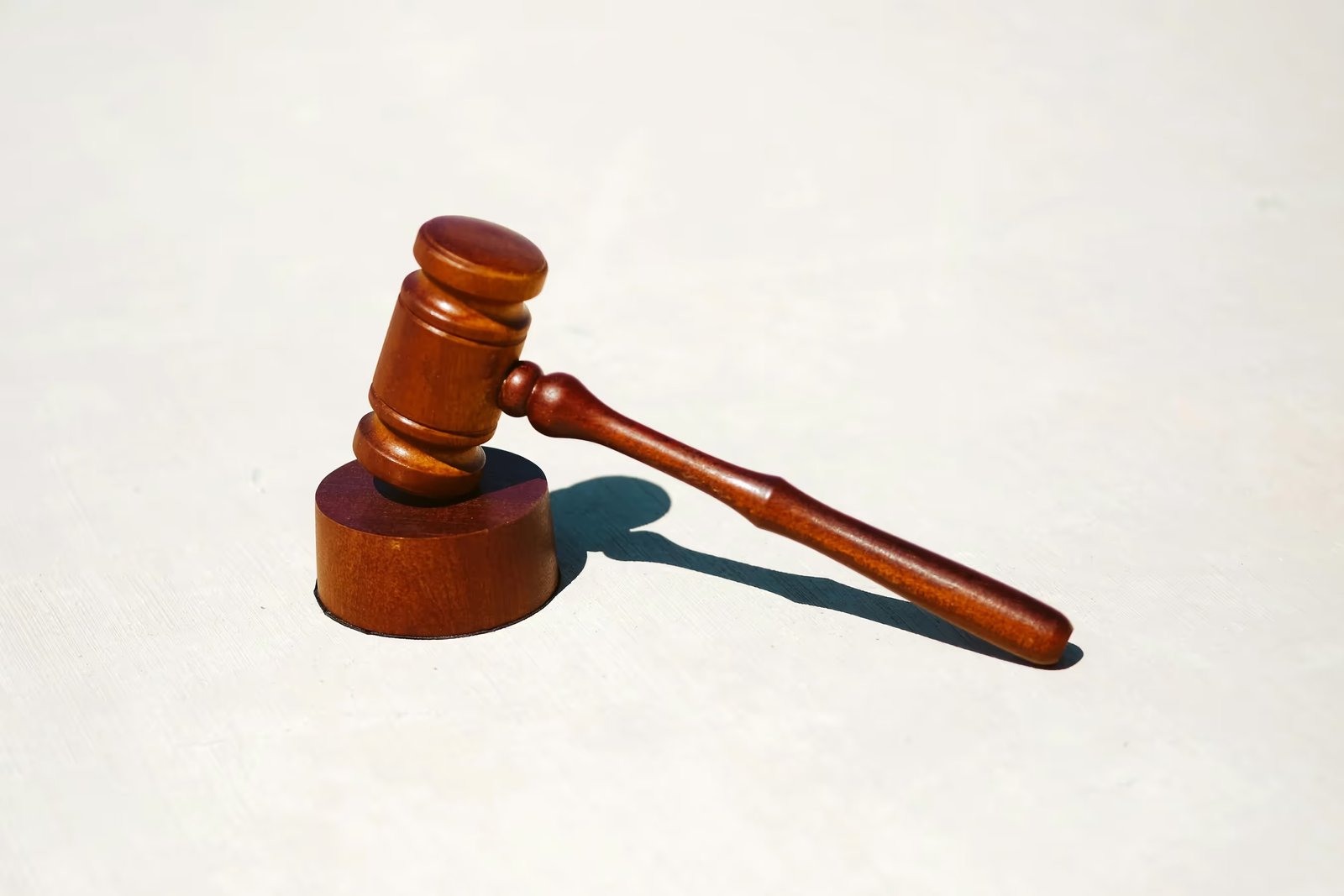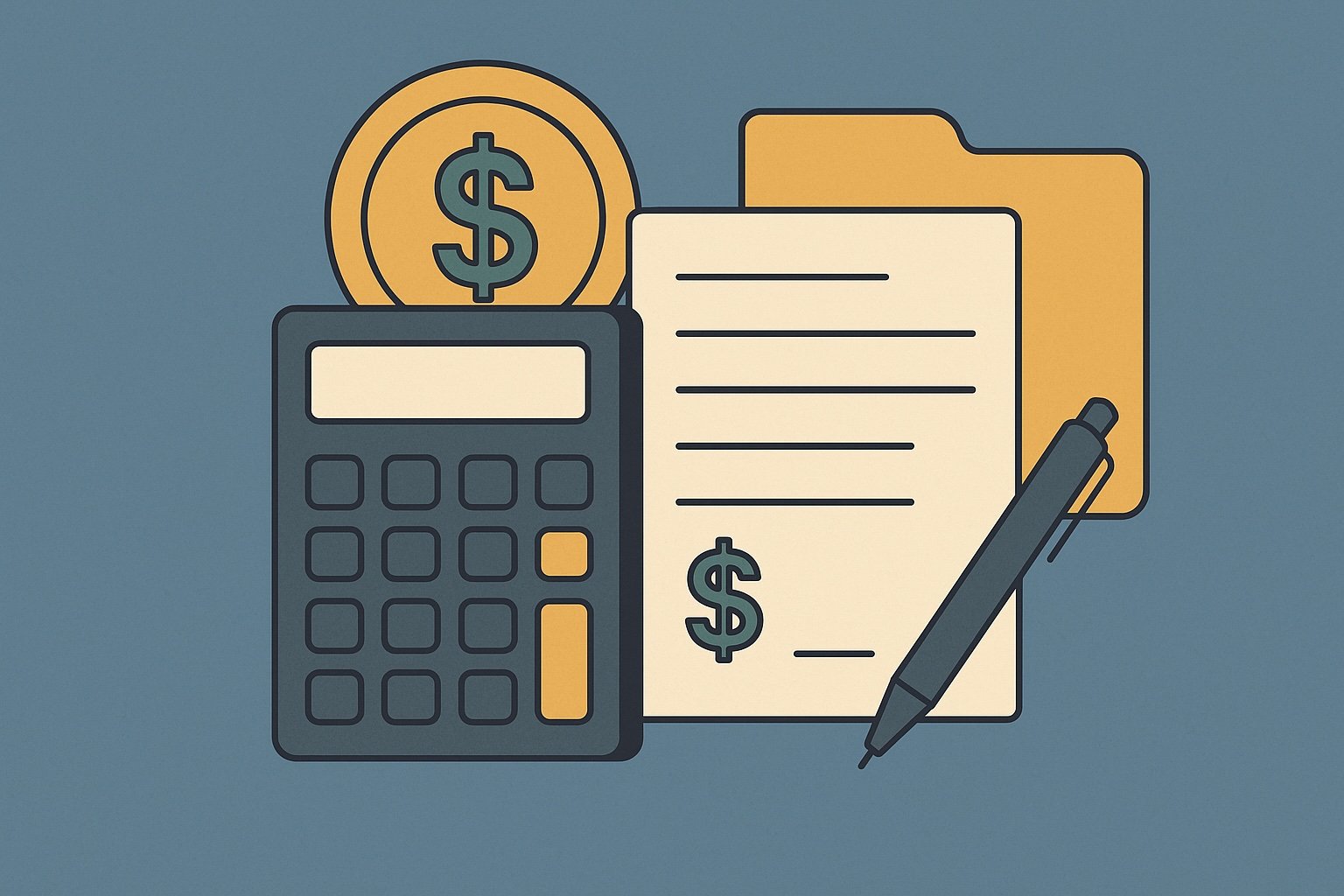Question
ARTE's Answer
When considering a 1031 exchange, the key is to understand what qualifies as "like-kind" property. Under Section 1031 of the Internal Revenue Code, you can exchange real property held for productive use in a trade or business or for investment for other real property of like-kind. The term "like-kind" is quite broad when it comes to real estate, meaning you have a wide range of options for your replacement property.
Here are some examples of what you can exchange into:
- Residential Rental Property: If you currently own a residential rental property, you can exchange it for another residential rental property. For instance, you might exchange a single-family rental home for a multi-family apartment building.
- Commercial Property: You can exchange a commercial property, such as an office building, for another type of commercial property, like a retail strip mall.
- Vacant Land: If you own vacant land, you can exchange it for improved property, such as a warehouse or even another piece of vacant land.
- Industrial Property: An industrial property, like a manufacturing facility, can be exchanged for another industrial property or even a commercial property.
- Delaware Statutory Trusts (DSTs): A DST is a type of trust that allows you to own a fractional interest in a property. This can be an attractive option if you're looking for a more passive investment. For example, you could exchange your current property for an interest in a DST that owns a high-grade commercial property.
- Mixed-Use Property: Properties that have both residential and commercial uses can be exchanged for other mixed-use properties or purely commercial or residential properties.
- Fractional Ownership: You can exchange into a tenant-in-common (TIC) interest, where you own a fractional share of a larger property. This can be beneficial if you want to diversify your investment or invest in a larger property than you could afford on your own.
To illustrate, let's say you own a small apartment building valued at $500,000, and you're interested in exchanging it for a commercial property. You identify a retail strip mall valued at $600,000 as your replacement property. You decide to use Deferred.com as your qualified intermediary to facilitate the exchange.
Here's how it might work:
- Sale of Relinquished Property: You sell your apartment building for $500,000. The proceeds from this sale are held by us, Deferred.com, as your qualified intermediary. This ensures you don't have constructive receipt of the funds, which is crucial for maintaining the tax-deferred status of the exchange.
- Identification Period: Within 45 days of selling your apartment building, you identify the retail strip mall as your replacement property.
- Acquisition of Replacement Property: Within 180 days, you use the $500,000 held by us to purchase the retail strip mall. You may need to secure additional financing for the remaining $100,000 to complete the purchase.
By completing this exchange, you defer the capital gains tax on the sale of your apartment building, allowing you to reinvest the full amount into the new property. This strategy helps you build wealth by keeping more of your equity working for you.
At Deferred.com, we pride ourselves on offering a "No Fee Exchange," which can save you money during this process. By using our services, you ensure a smooth and compliant 1031 exchange, allowing you to focus on growing your real estate portfolio.
Have more questions? Call us at 866-442-1031 or send an email to support@deferred.com to talk with an exchange officer at Deferred.
Sources
1031 Question? Ask ARTE
Deferred's AI 1031 Research Assistant is trained on 8,000+ pages of US tax law and outperforms human CPAs by 22%+
CHAT NOW
Learn More
See more frequently asked questions about 1031 exchanges








